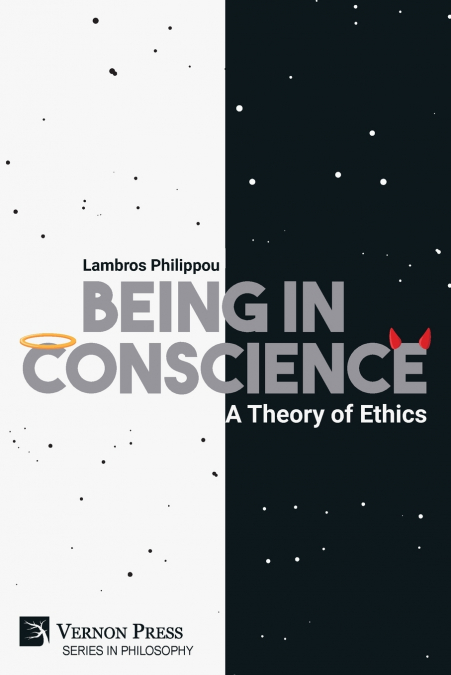
Lambros Philippou
This book aims to suggest a worldview departing from an articulation of a theory of conscience. It analyses the constitutive parts of conscience, a concept that has not been thoroughly examined and analysed in the discussions on ethics. Having the mechanisms of production of conscience as a point of reference, the book proceeds to discuss the concepts of subjective and collective evil. The concept of being in enhanced conscience aims to position the subjective conscience in human historicity. Based on the analysis of the roots of conscience, the subject is placed in the public sphere from the point of view of its corporeal harmony and disharmony as the conditions for its binding with the institutions and the spirit of a worldsphere. The book then expands its scope by addressing the question of what makes a worldsphere functional and dysfunctional. This analysis is useful for scholars who are interested in the deep structural conditions that produce and sustain a liberal democratic state. Through the analysis of inner-worldly and inter-worldly temporality, the mode of the creative rhythm is depicted by underlining the creative divergence that occurs not only within distinct worlds but also between worldspheres. The mediation of this analysis introduces the concept of planetary functionality whereby what is at stake is the islands of functionality that serve the survival of an interconnected world. The theory of conscience is applied also to the analysis of the state and of the economy. Conscience is also identified with the properties attributed to God, suggesting a new understanding of the meaning of religion and its role in human historicity. Finally, it argues that we should understand the future as the future of conscience that can function as the only motor of historical evolution.